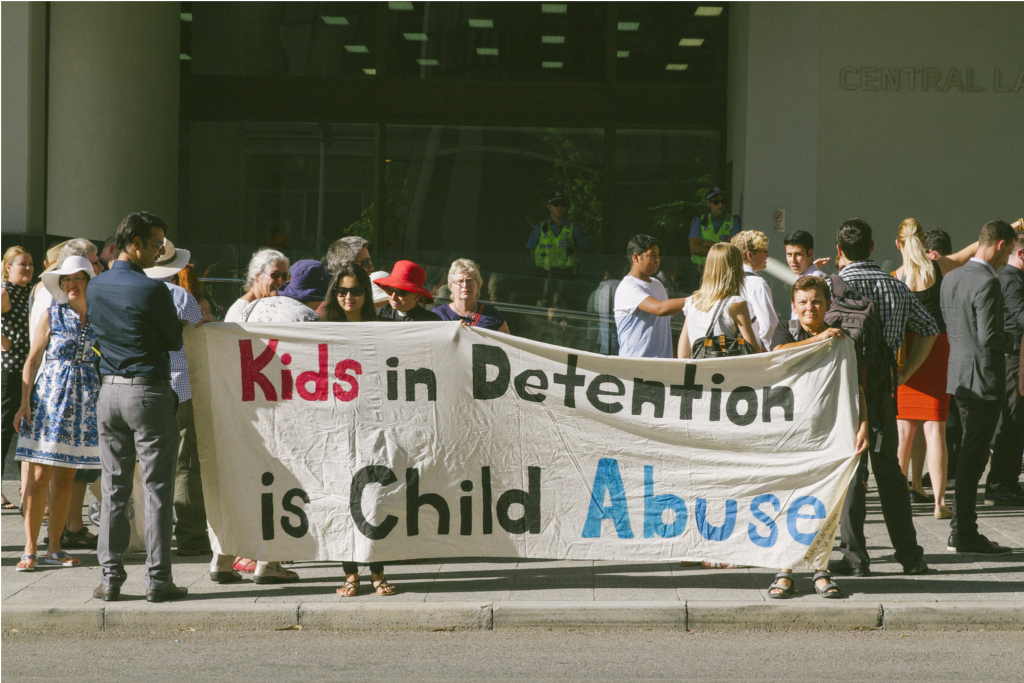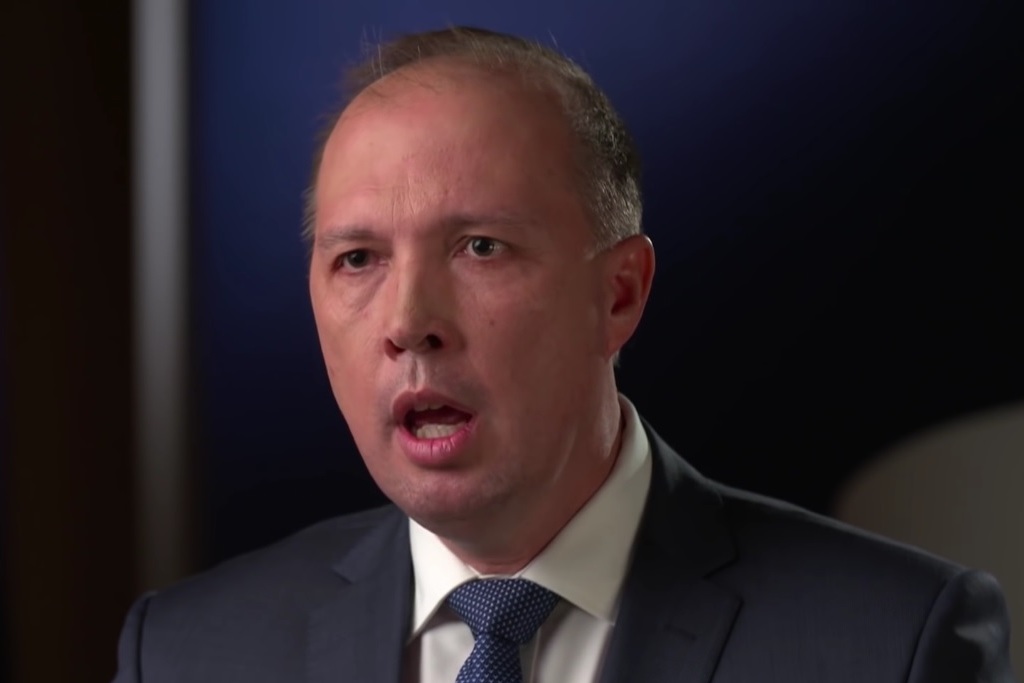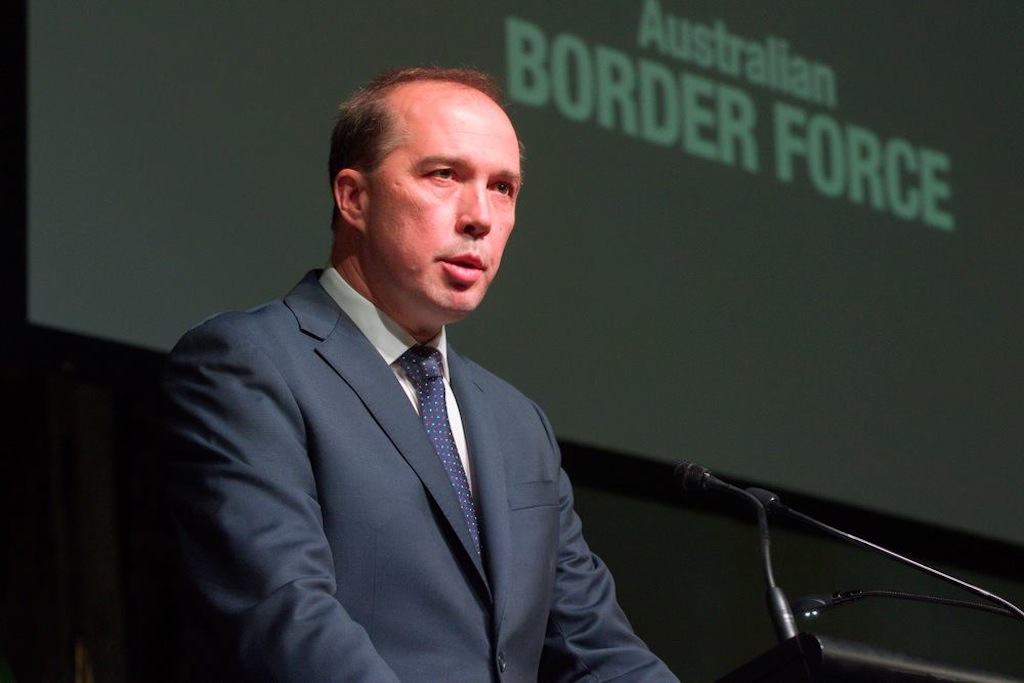This Is How Peter Dutton Tried To Avoid Moving A Sick Asylum Seeker Kid From Nauru To Australia
A pretty chilling insight into the government's thinking.

Content warning: mention of self-harm.
This week, Peter Dutton was once again forced by the federal court to transfer a sick child from Nauru to Australia for medical treatment. We say forced, because representatives for the Minister for Home Affairs actively fought to prevent the transfer by arguing that the child in question wasn’t actually that sick.
Evidence presented by advocates for the child showed that she had been self-harming by cutting her legs and arms superficially. She had also been refusing food and water. A psychiatrist had diagnosed her with Major Depressive Disorder and Resignation Syndrome, a serious illness that’s been found to affect the children of asylum seekers in Sweden. Children with the syndrome withdraw completely, ceasing to walk, talk, or eat.
Despite these symptoms, Peter Dutton’s department chose to present evidence from a different psychiatrist, who wrote that there was “no clear evidence for a depressive illness and this seems more likely to be a severe reaction to her situation”. In other words, the government appears to have essentially admitted that offshore detention is harming children, while in the same breath attempting to prevent one of those harmed children from being given access to the healthcare she needed.
Thankfully, the court rejected this characterisation. “I accept the submission on behalf of the applicant that she requires urgent medical attention to prevent further deterioration of her health and to begin effective and ongoing treatment,” Justice Robertson wrote in a July 26 judgment. “I also find that the applicant is at serious risk of permanent complications from her current medical situation and find that the applicant appears to be at imminent risk to her health, both in the short term and in the long term.”
“It follows that I do not accept the submission on behalf of the Minister that the applicant has not shown sufficient evidence of the seriousness of her medical condition”.
This is the far from the first time the government has fought against the transfer of a child from Nauru to Australia for medical care. There have been at least twelve cases now where Dutton has been forced by court order to act. Not every case is the same, and the government’s arguments have been different each time. But this week’s case provides a pretty chilling example of the level to which Peter Dutton and his department have sunk: actively opposing the provision of adequate care to sick kids by trying to argue they are less sick than they are.
George Newhouse is the director of the National Justice Project, which represented the young girl in this case. He told Junkee that NJP finds the way the government is approaching these cases concerning.
“Our position is that the welfare and safety of individuals, particularly children, is paramount and young lives should never be put at risk to achieve political objectives,” he said. “We are very concerned about the health and welfare of children on Nauru, and if the current policy continues, I fear that a child might die there.”
Those concerns were echoed by Asylum Seeker Resource Centre Detention Advocacy Manager Natasha Blucher, who pointed out that the government’s duty to these kids goes way beyond ensuring they don’t die.
“The Australian government has a duty of care for children sent to Nauru — including to provide them with medical care, a safe community to live in, education and developmental opportunities,” she said.
“Instead, they have denied these children all of these basic rights for over five years, locking them up on a remote island in a filthy camp. It’s appalling that our government is fighting in the courts to prevent children from receiving critical medical care, even when their lives are at risk.”
And if you take anything away from this story, let it be that: the Australian government is still fighting in the courts to prevent children from receiving critical medical care, even when they might die otherwise. How are we letting this happen?

